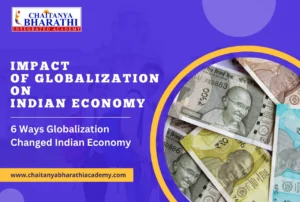The role of India in the United Nations after the fall of the League of Nations has been significant. After establishing the United Nations just looking into the aftermath of the 2nd World War, it was to work and maintain international peace and security by promoting human rights and fostering cooperation in solving global problems.
Here was where the role of India in United Nations became significant. India was a founding member of the UN in 1945 and has played a vital role in advancing its objectives throughout history.
The Role of India in the United Nations is based on multiple spectrums from peacekeeping missions to championing global development, India’s contribution to the UN is undeniable. Via this blog let us explore the five key ways in which India has made its mark on the world stage.
What is the Role of India in United Nations?
Championing Peacekeeping Efforts
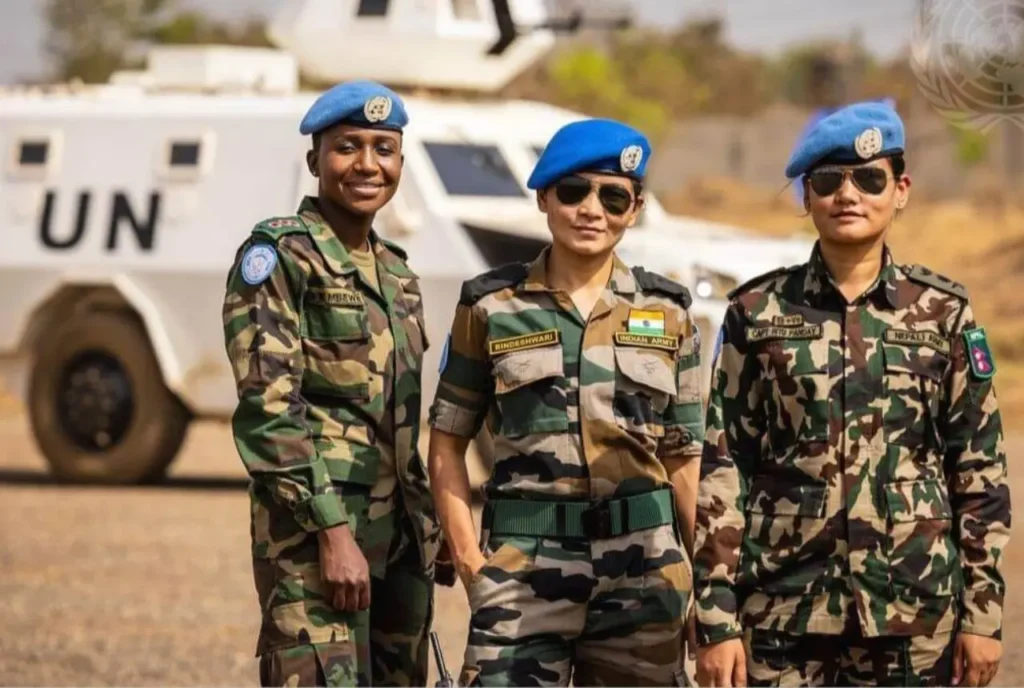
India has a long and distinguished heritage of promoting global peace by maintaining an unwavering commitment to UN peacekeeping missions. India has been the largest historical contributor of forces to these missions, illustrating its commitment to post-war stabilization efforts and conflict resolution.
In the 1960s, Indian peacekeepers played a critical role in the establishment of a peace foundation in the Democratic Republic of the Congo, where they served with distinction in numerous missions worldwide. Indian troops have recently been instrumental in the preservation of stability in Liberia and South Sudan, where they have provided security and facilitated the delivery of humanitarian assistance in these war-torn regions.
India’s dedication surpasses the deployment of troops. In 2007, India achieved a historic milestone by deploying the first-ever all-women peacekeeping contingent to Liberia. This innovative initiative exemplified India’s progressive peacekeeping approach and its acknowledgment of the distinctive contributions that women can make in conflict zones.
Also Read: 6 Remarkable Impact of Globalization on Indian Economy
Advocating for Reform and Development
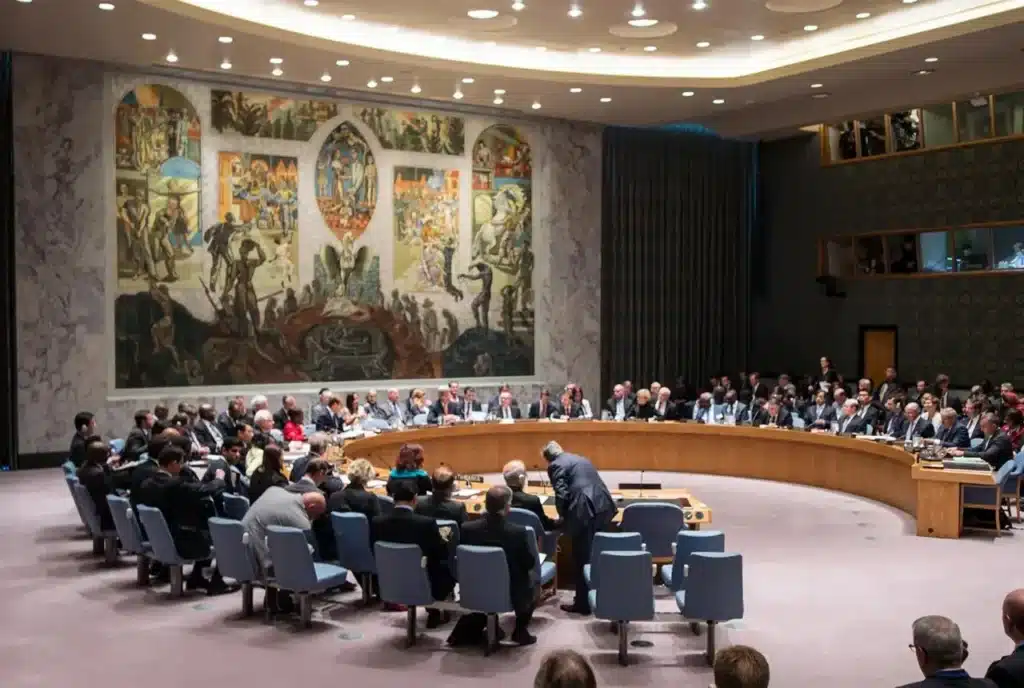
India has been an outspoken advocate for the reform of the United Nations Security Council (UNSC) to align with the evolving geopolitical environment. Some permanent members wield significant power that is not emblematic of the modern world order, rendering the current structure, which was established after World War II, outdated. India is a proponent of an expanded United Nations Security Council that is reflective of the ascension of emergent powers and developing nations. This encompasses advocating for an increase in the number of permanent and non-permanent seats, with India itself pursuing a permanent seat at the table.
In addition to reform, India is a fervent supporter of the United Nations’ development initiatives. It is an active participant in and financial contributor to a variety of UN programs and agencies that address critical issues. This encompasses active participation in the World Health Organization (WHO) and its global health programs, as well as UNESCO, which is supported in its endeavors to advance education, science, and culture. India endeavors to create a more equitable and prosperous world by fostering development and collaborating with UN agencies.
Also Read: Self Study vs CUET Coaching for Commerce Stream: 5 Reasons to CUET Choose Coaching
Shaping Global Discourse
Promoting Global Issues
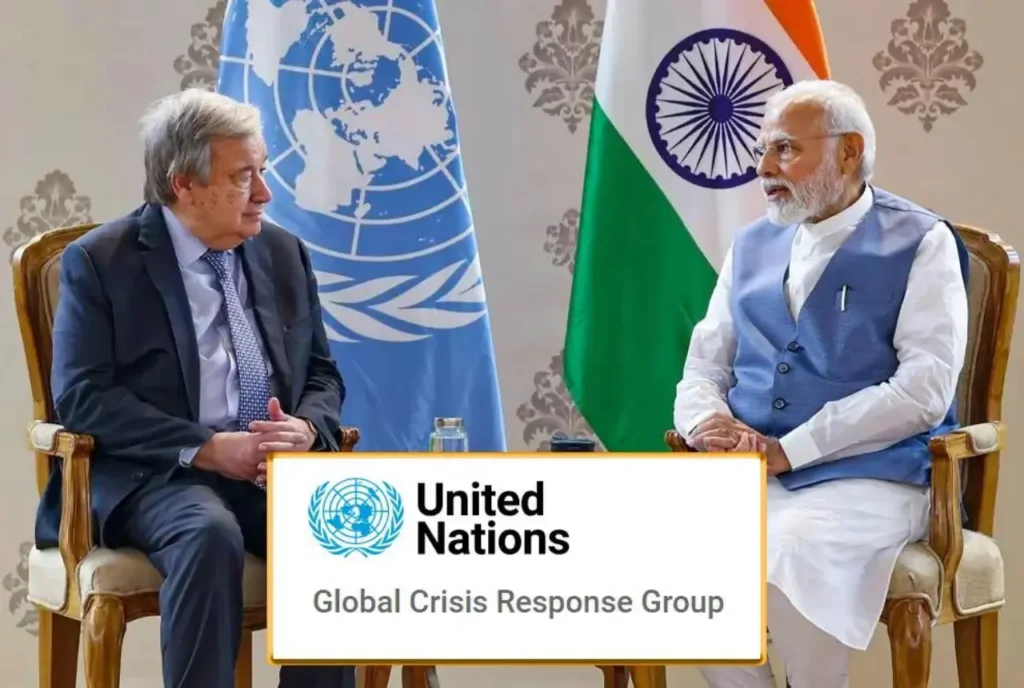
Using the United Nations platform, India advocates for solutions to critical global challenges. India is actively engaged in discussions and negotiations that are designed to promote sustainable practices and mitigate climate change, as it is a top priority. India has been a leader in the UN General Assembly (UNGA) in promoting initiatives that encourage developed nations to fulfill their climate finance commitments and assist developing countries in transitioning to renewable energy sources.
Global terrorism is an additional significant concern for India. India has consistently denounced terrorism in all its manifestations and has advocated for enhanced international collaboration to address this menace. India has promoted the enhancement of international legal frameworks to ensure the accountability of terrorist organizations and their sponsors at the UNGA.
Another key component of India’s global agenda is sustainable development. India is an active participant in discussions and initiatives that promote sustainable development goals (SDGs) adopted by the United Nations, as it acknowledges the interconnectedness of economic growth, environmental protection, and social justice.
Fostering International Cooperation
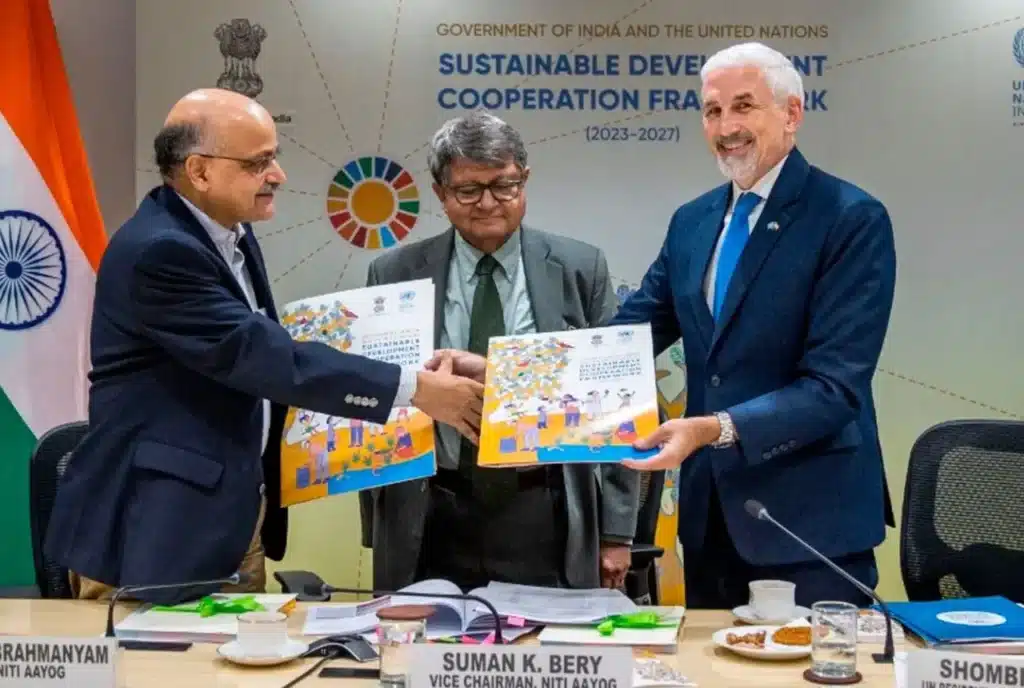
India utilizes the United Nations as a platform to establish robust relationships with other member states, particularly those in the developing world. This collaborative spirit is a result of India’s own experience as a developing nation and its comprehension of the common challenges encountered by the Global South.
India is an active member of influential organizations such as the G4 (alongside Brazil, Germany, and Japan) that are currently advocating for the reform of the UN Security Council. It is also a key player in the G-77, a significant coalition of developing countries that is dedicated to resolving issues such as economic development, trade, and commodity prices.
India is a proponent of South-South cooperation, a concept that prioritizes the exchange of knowledge and collaboration among developing countries, in addition to group affiliations. India promotes mutually beneficial partnerships that contribute to collective development by sharing its own experiences and expertise in areas such as agriculture, information technology, and renewable energy.
Also Read: CUET Exam Schedule 2024 Out Now! Ace Your CUET Preparation
Advancing Domestic Goals at the UN
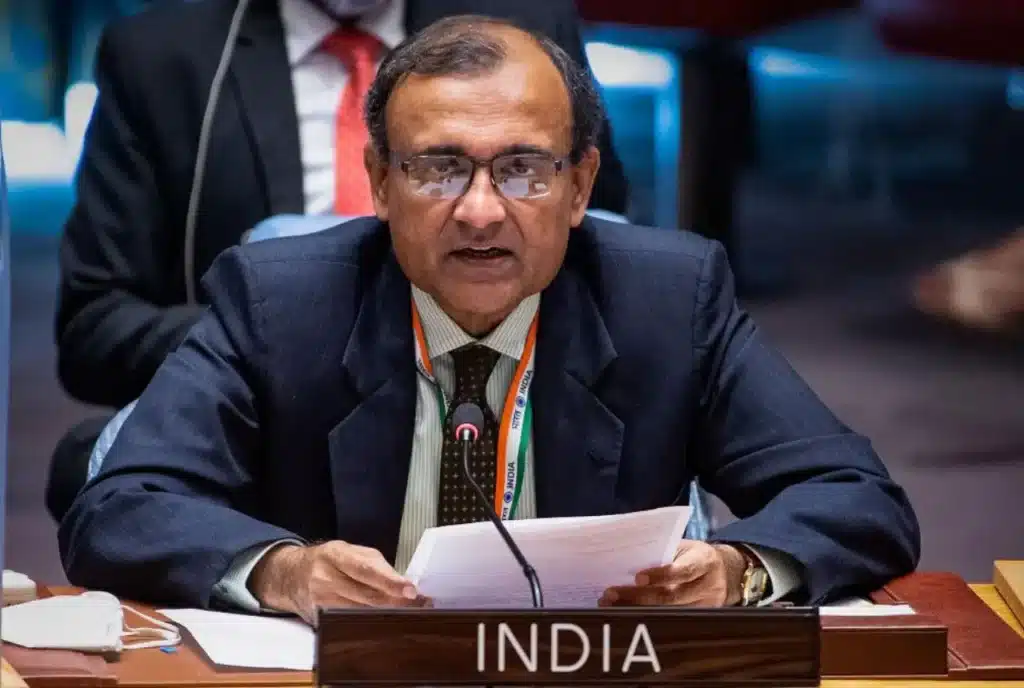
Achieving Economic and Social Development
India views the UN as a platform not just to address global challenges but also to showcase its development journey and aspirations. By actively participating in discussions and initiatives related to economic and social development, India seeks to both learn from the experiences of others and share its successes.
The UN’s Sustainable Development Goals (SDGs) have become a key framework for India’s domestic development agenda. India actively participates in discussions and contributes to programs that align with its national development goals. This includes areas like poverty eradication, promoting access to quality education and healthcare, and fostering gender equality.
India is actively engaged in the exchange of its most effective practices with other developing nations, in addition to its progress. India utilizes its experiences to help other nations on their development trajectories by offering technical assistance programs, knowledge-sharing platforms, and workshops under the South-South cooperation umbrella. This collaborative approach cultivates a sense of shared responsibility and progress for the Global South.
Also Read: 5 UPSC Optional Papers That Can Boost Your Mains Score
The Road Ahead: Challenges and Opportunities
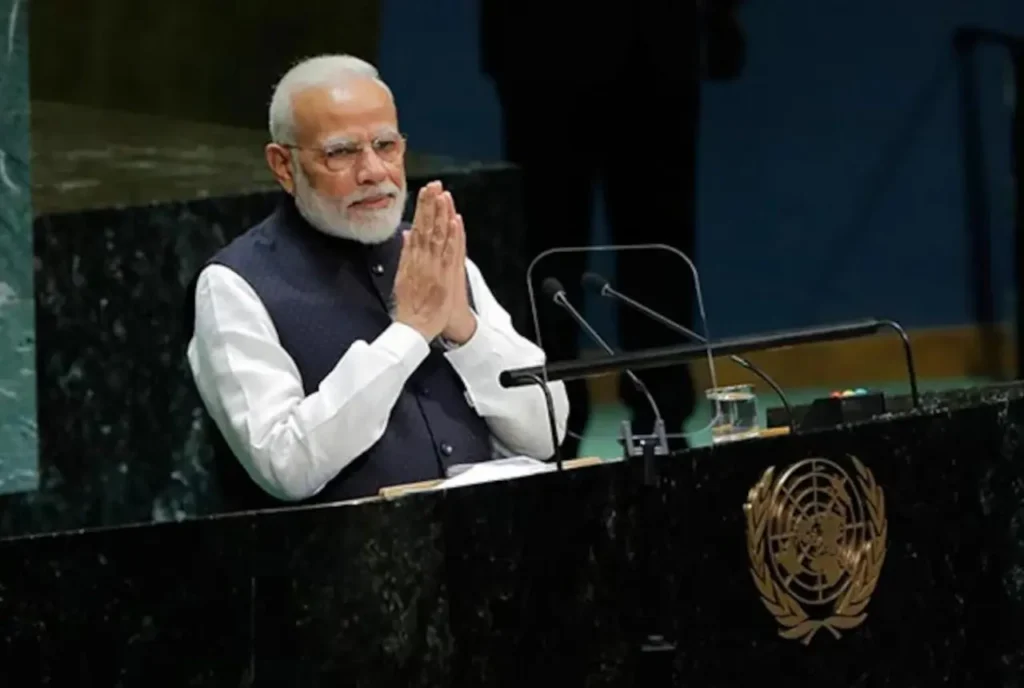
Addressing Challenges within the UN
Ever since the advent of its inaugural times, India’s journey within the UN has not been without hurdles. Progress on critical issues can occasionally be impeded by bureaucratic inefficiencies and the dominance of major powers on the UN Security Council. India remains a proponent of UN reform, striving to establish a global organization that is more representative and efficient and that is reflective of the realities of the 21st century.
Public Opinion in India on the UN
India’s endeavors within the United Nations are not without obstacles. Progress on critical issues can occasionally be impeded by bureaucratic inefficiencies and the dominance of major powers on the UN Security Council. Furthermore, there is a range of public opinions in India regarding the efficacy of the United Nations. Although some recognize its contribution to the preservation of global peace and the promotion of development, others regard it as being sluggish to respond to crises or biased toward specific powers. India remains a proponent of UN reform, striving to establish a global organization that is more representative and efficient and that is reflective of the realities of the 21st century.
Shaping India’s Future Role
India’s priorities at the United Nations are expected to change as its global influence and economic power increase. It is anticipated that India will prioritize concerns such as cyber security, global health security, and the mitigation of climate change. Furthermore, India’s objective of obtaining a permanent membership in the United Nations Security Council continues to be a significant one. A permanent seat would increase India’s prominence in global decision-making and solidify its status as a leading voice for the developing world.
India: The New Global Leading Power
India’s involvement with the United Nations has been characterized by its unwavering dedication and substantial contributions. India has been instrumental in the organization’s work, from advocating for development and reform to championing peacekeeping missions.
As India continues to ascend as a global power, it is improbable that its dedication to the United Nations’ fundamental objectives will diminish. India will continue to be a vocal proponent of a UN that is representative, efficient, and reformed, thereby guaranteeing that the organization remains a potent force for good in the 21st century.







